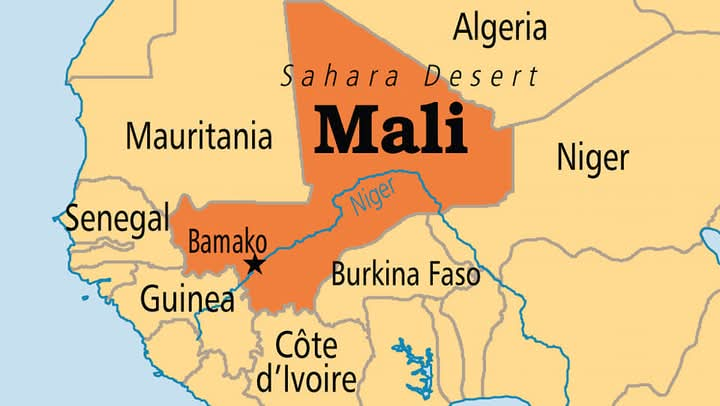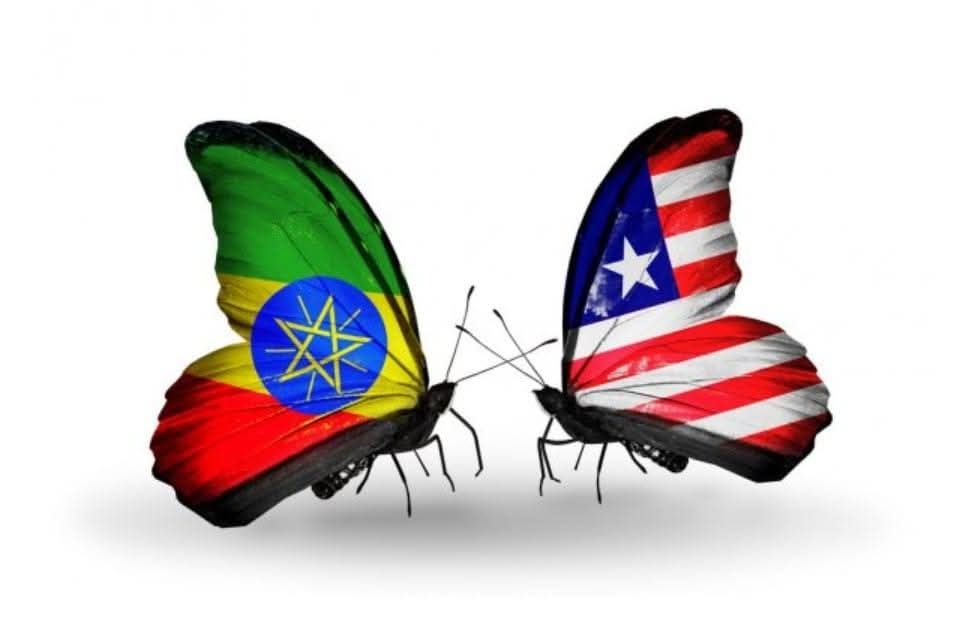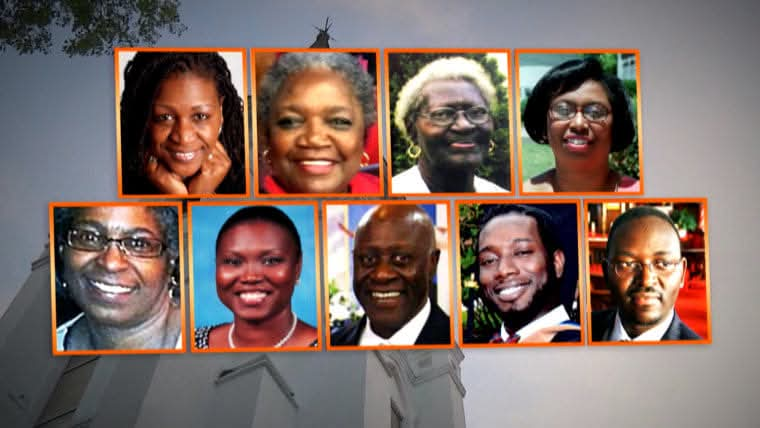COLONIAL RELIC: How French Speaking African Countries are Pushing for Economic, Monetary Sovereignty from France

Did you know that, as of 2019, eight West African countries have made bold decisions to rename their common currency and severe financial links with their former colonial ruler, France?
In the wake of coup d'etat in the West African country, Mali, celebrations were reported to have erupted on Friday, February 4, 2022, as the country's transitional government expelled its former colonial master, France, from its territory after a 72- hour ultimatum arising from the French Foreign Minister Jean-Yves Le Drian's comments which it said were “hostile and outrageous”. The French Minister had condemned the coup.
The European Union, EU, retaliated same day by imposing sanctions on five senior members of Mali’s transitional government, including interim Prime Minister Choguel Maiga. The five designated people are subject to a travel ban, which prevents them from entering or transiting through EU territories, and an asset freeze, a statement from EU states said on Friday.
Adama Ben Diarra, a sanctioned member of the transitional government backed the expel decision which he said was a needed step in getting rid of Paris’ influence and that French forces will be next to follow, as the country starts "the move towards economic and monetary sovereignty,” while also declaring that: “For the security of my people, I am ready to make a pact with Satan to drive out France and its terrorist allies.”
But why the severing of ties by French-speaking African countries of lately from France? Recall that in 2019, eight West African countries announced that they will rename their common currency and sever financial links with their former colonial ruler France. The announcement that the CFA is to be ditched was made on Saturday, December 21, 2019, during a visit by French President Emmanuel Macron to Ivory Coast.
Since the end of the Second World War, the French speaking Economic Community of West African States (ECOWAS) of Benin, Burkina Faso, Guinea-Bissau, Ivory Coast, Mali, Niger, Senegal and Togo, have all used the CFA franc as their currency. For four decades, the CFA franc (named originally as the franc of the French Colonies in Africa) was pegged to the French franc, before being linked to the euro.
A CNBC reports that the currency “compels participating African countries to deposit 50% of their foreign exchange reserves with the French treasury”, which “in turn guarantees payments into euros even if the CFA member state cannot meet import payments”. This link has meant that the currency has been seen as an important stabilising financial force in the region.
However, The Telegraph reports that critics of the CFA have “long seen it as a relic from colonial times”, with France adding that it is “seen by many as a sign of French interference in its former African colonies even after the countries became independent”.
Ivory Coast President Alassane Ouattara in 2019 announced “three major changes” to the ECOWAS’s currency set-up. These are “a change of name” of the CFR franc to the eco, an end to “holding 50% of the reserves in the French Treasury” and the “withdrawal of French governance” in any aspect related to the newly renamed currency. Ouattara had said it was a historic day for Ivorians during a news conference with Macron, who hailed it as a “historic reform”.
As for Mali, the country continues to face challenges in trying to contain an armed rebellion that erupted in 2012. The most recent being the August 2020 coup and another in May 2021. While the military promised to hold elections in February 2022 and return to civilian rule, it however reneged, proposing to hold power until 2025.
SOURCES: The Week | Premium Times
#penglobalhistory #French #Africa



